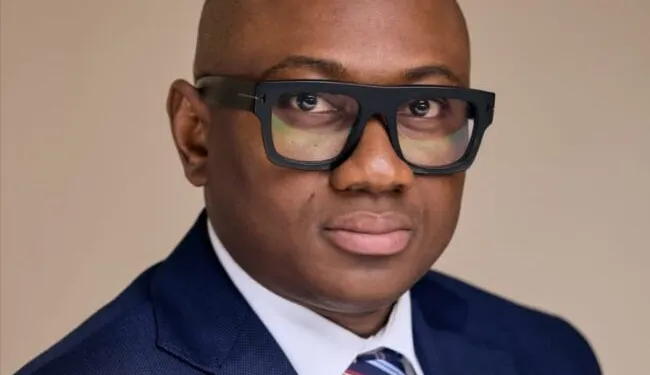The Edo State Government has firmly denied reports suggesting it is abandoning the use of educational tablets and the e-learning program, a cornerstone of the Edo Basic Education Sector Transformation (EdoBEST) initiative launched by the previous administration.
The clarification was issued on Monday by Mrs. Ozavize Briggs, Executive Chairman of the Edo State Universal Basic Education Board (EdoSUBEB), during a meeting with journalists from the Correspondents’ Chapel of the Nigeria Union of Journalists (NUJ), Edo council.
Briggs emphasized that the administration, led by Governor Monday Okpebholo, remains steadfast in its commitment to digital learning. She explained that the ongoing activity involves updating the existing content on the tablets to ensure alignment with the revised Universal Basic Education curriculum, rather than phasing them out entirely.
“We are not phasing out the tablets. What we are doing is replacing obsolete content with new materials developed in line with the current curriculum. The tablets belong to the Edo Government, while the content was created by consultants engaged by the previous administration.” Briggs stated unequivocally.
According to the SUBEB boss, the state’s Information and Communications Technology (ICT) unit is actively developing a new digital portal to house the updated learning materials. This platform will ensure that the educational content delivered to students is current, relevant, and in line with the national educational standards.
Highlighting the potential of this initiative, Briggs indicated that the newly developed digital platform may be marketed to other states and even countries, providing a potential avenue for revenue generation for Edo State.
“Our team, including civil servants, extracted content from approved books and the national curriculum to create a harmonized system. This means that every teacher will deliver the same lessons across the board using the same tools.” Briggs explained.
This standardized approach, she added, will ensure consistency and quality in education delivery across all basic schools within the state. The new content, she specified, draws directly from the National Curriculum and approved textbooks, structured into comprehensive schemes of work.
Beyond digital learning, the Edo State Government is also investing heavily in infrastructural improvements within the education sector. Mrs. Briggs revealed that the government has initiated the construction and rehabilitation of over 100 public schools.
These efforts aim to create a more conducive learning environment and eradicate the issue of pupils sitting on the floor during classes, demonstrating the government’s holistic approach to enhancing the quality of basic education in Edo State.

